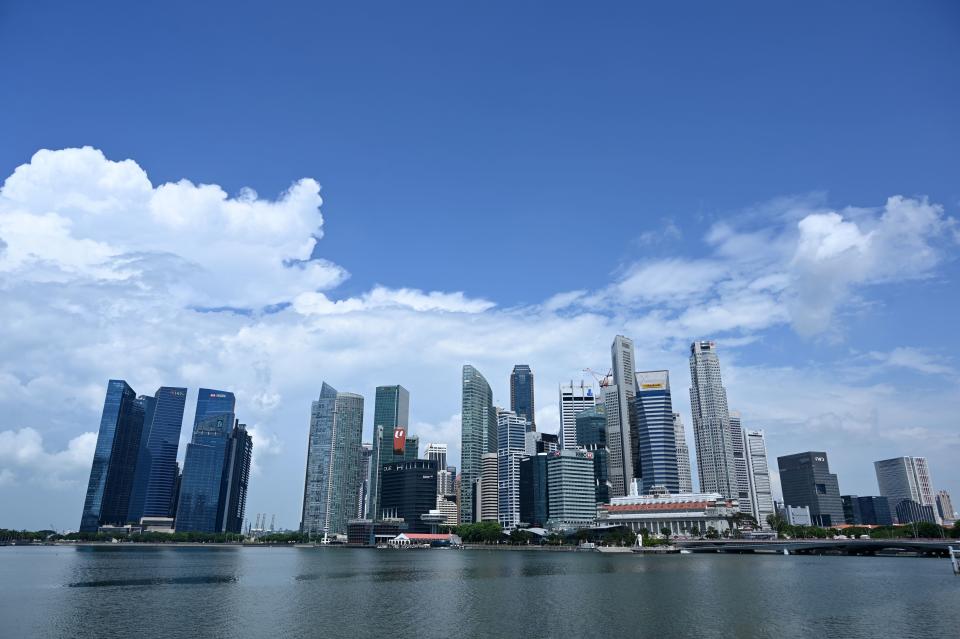Singapore’s CrossInvest targets Asia money managers for growth

By David Ramli
(Bloomberg) -- CrossInvest (Asia) Pte Ltd is looking to buy money management rivals and strike private equity deals in the fintech space with a goal of boosting assets under management to over US$3.5 billion by 2023.
Cem Ayhan Azak, who previously worked at Barclays Plc, bought a 95% stake in the Singapore-based business in September, betting his experience and high-net worth contacts will help it become one of the largest independent money managers in the region.
While Singapore has long been a regional hub for institutions, the number of independent asset managers selling financial services to the wealthy has grown in the past few years. The cost of running these operations remain high, leading to expectations that the industry will face consolidation.
CrossInvest (Asia) aims to use its wide-ranging fund management license to launch vehicles ranging from private equity funds and venture capital deals to a potential US$100 million hedge fund. Eventually, Azak, 46, wants to more than double the size of his team to 30 people from 12.
Azak, who also worked for Singapore bank DBS Group Holdings Ltd., said financial technology companies in the region are ideal private equity targets because they’re often undervalued relative to peers abroad. This makes them ripe for investment from both CrossInvest (Asia) and its clients through co-investments, he added.
Azak said the conservative goal for the firm’s AUM was that “within 24 to 36 months it will rise to over US$3.5 billion.”
Some of that growth will be through acquisitions, he said. Azak looked at four options before buying CrossInvest (Asia), which was started around 15 years ago. He’s since been approached by other companies that are aware he’s in the market to buy. The culture at any target has to fit he said, and he remains focused on delivering returns with relatively low costs rather than relying on perks offered by private banks to keep clients.
“At EFG Bank AG I was one of the biggest revenue producers for the past five years,” he said, referring to its operations in Singapore. “But I had the lowest client gift expenses. Why? Because my clients are multi-billionaires — how can I compete with that?”
Joseph Cherian, a practice professor of finance at NUS Business School in Singapore said he expects a wave of consolidation among independent asset managers as the cost of everything from legal compliance and technology to hiring remains high.
“I’m a big proponent of scale and you’re seeing a lot of consolidation going on even at the upper end,” he said. “If you want to really be an important player I think you need to be at least US$1 billion.”
© 2020 Bloomberg L.P.

 Yahoo Finance
Yahoo Finance 